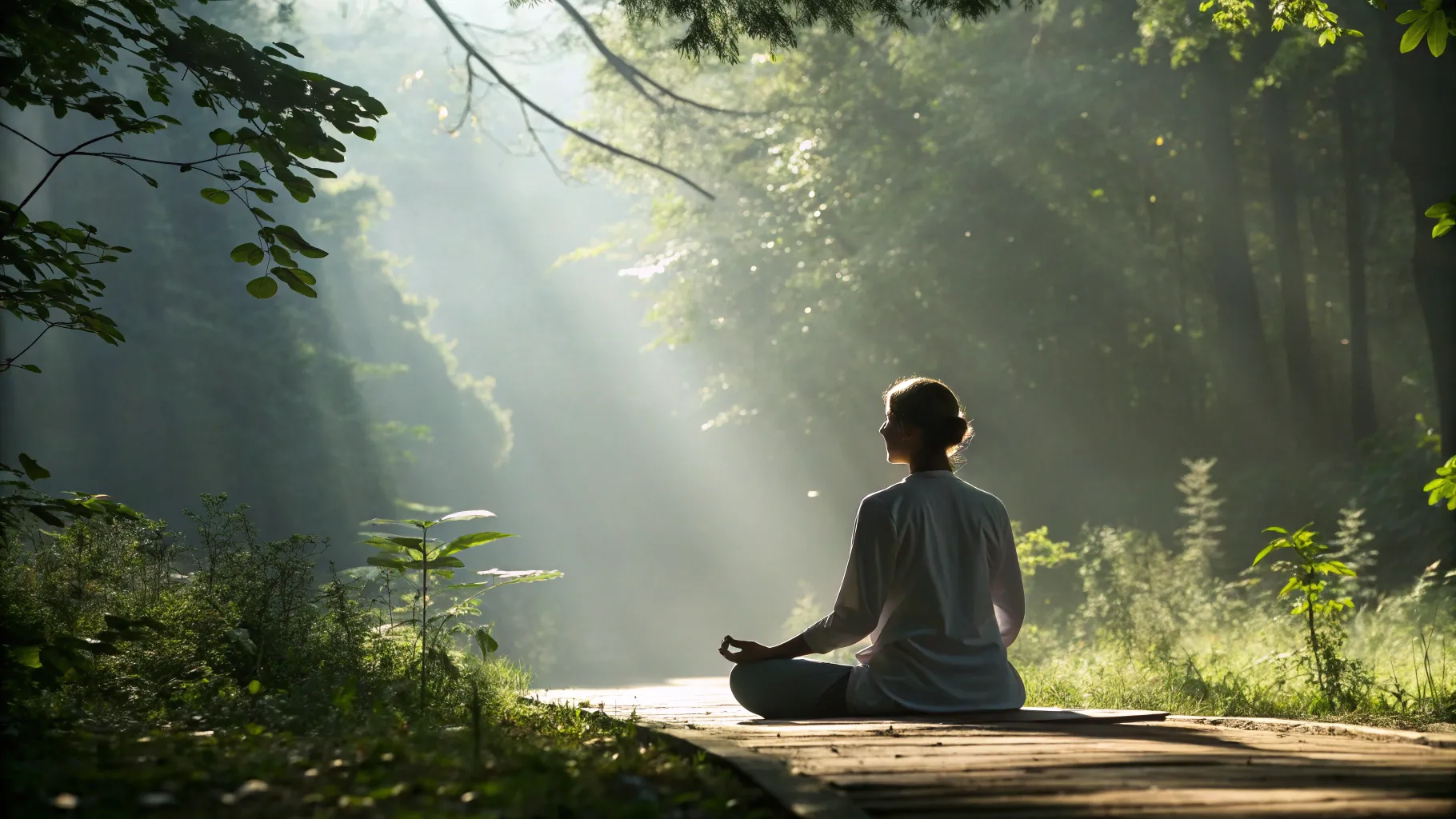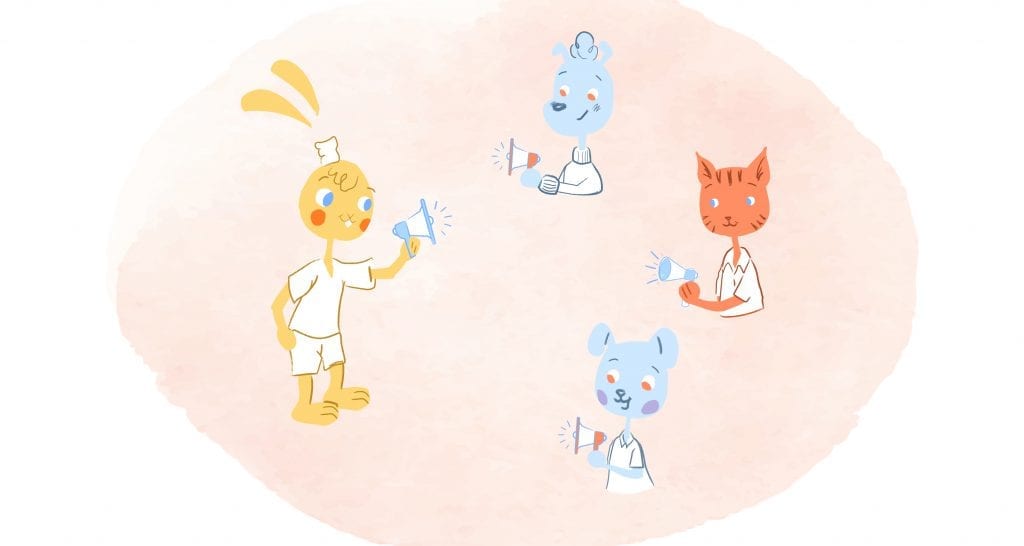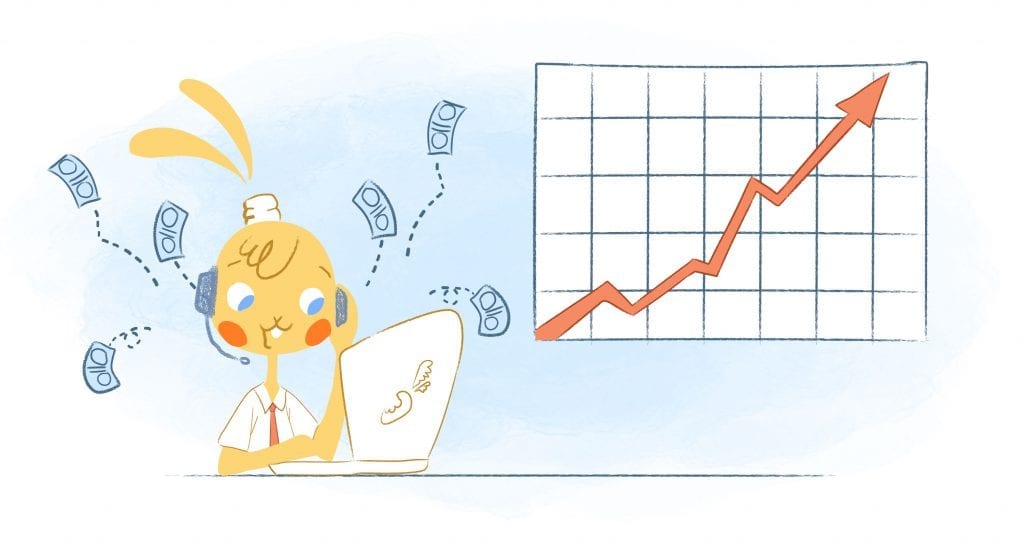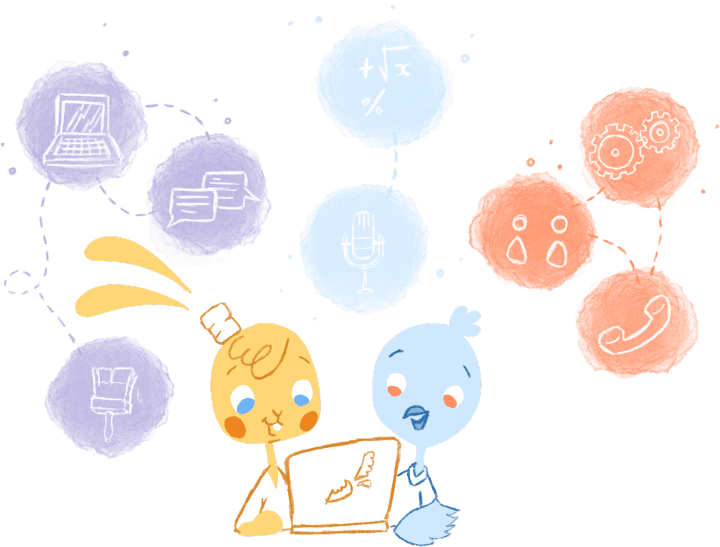
The ability to focus has become one of the most valuable skills we can develop. Recently, I watched Ryan Holiday from the Daily Stoic discuss this very topic. As he pointed out, focus isn’t just a modern challenge—even the ancient Stoics struggled with it.
The secret to elite performance, happiness, and success lies in our ability to create large, uninterrupted blocks of focused time. Yet this is entirely on us. No one can give us focus or do the focusing for us. It’s a personal battle against noise, distractions, and our own tendencies.
Finding Peace Within the Noise
One of the most relatable stories Holiday shared comes from Seneca, who described trying to write while surrounded by the cacophony of ancient Rome. Seneca could hear everything from gym-goers next door to dogs barking and children laughing. His solution wasn’t to escape the noise but to develop inner peace.
“I have had to toughen my nerves against that sort of thing,” Seneca wrote. “I force my mind to concentrate to keep it from straying to things outside itself.”
This struck me as profound. We often think we need perfect conditions to focus—a quiet room, no interruptions, maybe a retreat to the countryside. But that’s not realistic. True focus comes from within, not from external circumstances. If your ability to concentrate depends on everything going your way, that’s not really focus at all.
I’ve experienced this myself. Some of my best work has happened in noisy coffee shops or busy airports. The ability to tune out distractions isn’t about finding silence—it’s about creating mental discipline.
Protecting Your Mental Empire
Holiday made a compelling point about our attention being the most valuable real estate on the planet. The space between our ears is an empire that countless forces are trying to conquer:
- Tech companies design algorithms to keep us scrolling
- Media outlets compete for our outrage and concern
- Advertisers work to direct our thoughts toward their products
- Social platforms engineer addictive experiences
- News cycles demand our constant attention
If we don’t control this mental territory, someone else will. When we cede control of our focus, we become easier to manipulate, distract, and mislead. As the Stoics would say, no one is fit to rule who is not first master of themselves.
Morning Focus: Your Most Precious Resource
I found Holiday’s approach to morning routines beneficial. He mentioned that focus is a finite but renewable resource—we get a fresh supply each day. This is why many high performers rise early.
Toni Morrison would write before she heard the word “mom” for the first time each day. Holiday doesn’t touch his phone for the first hour after waking. These strategies protect that precious morning focus for creative work and family time.
This makes perfect sense to me. By mid-afternoon, after meetings, calls, and errands, my focus is depleted. The morning hours, when my mind is fresh, are when I can bring my best thinking to the most important tasks.
Walking to Solve Problems
When focus diminishes, the Stoics had a simple solution: walking. “It is solved by walking,” goes the Latin expression. Nearly every major philosopher incorporated walking into their practice:
- Kierkegaard walked miles daily, saying he “walked away from every illness.”
- Nietzsche conceived ideas for his books on long walks
- Darwin took daily “thinking paths.”
- Steve Jobs was known for his walking meetings
- Martin Luther King took hour-long walks through the woods
There’s something meditative about walking that allows thoughts to flow more freely. When I’m stuck on a problem, a walk often provides the clarity I need. The physical movement seems to unlock mental movement as well.
The Courage to Miss Out
One of the most counterintuitive points Holiday made was about the importance of missing out. “To a philosopher, all news is gossip,” Thrasymachus once said. While some news is important, we’ve convinced ourselves we need to know everything happening everywhere at all times.
Epictetus said, “If you wish to improve, you must be content to be seen as foolish.” This applies to being out of the loop on specific topics or trends. If you’re not missing out on some things, you’re probably not focused enough on what truly matters to you.
Steven Pressfield tells a story in “The War of Art” about finishing a book and only then learning that Nixon had resigned—he’d been so focused he’d missed the entire Watergate scandal. That level of focus is what produces extraordinary results.
Eliminating the Inessential
Marcus Aurelius offered a simple but powerful question: “Is this thing that I am doing essential?” Most of what we do and say is not essential, he observed. When we eliminate the inessential, we get the double benefit of doing the essential things better.
We’re much better at adding responsibilities than subtracting them. But as Seneca noted, many Romans lived in a state of “busy idleness”—filled with tasks but lacking purpose. It’s impossible to focus on more than a few things, so we must ruthlessly eliminate the inessential.
This might be the most important lesson of all: If you want to get more done, first try to do less.
The Stoics remind us that our time is limited. “Concentrate on this as if it is the last thing you are going to do in your life,” Marcus Aurelius advised. This sense of urgency—not frantic haste, but purposeful action—can help us direct our focus to what truly matters.
In the battle for our attention, the Stoic approach offers timeless wisdom: develop inner peace, protect your mental territory, use your freshest focus for important work, find clarity through movement, have the courage to miss out, and eliminate the inessential. With these strategies, we can win the fight against distraction and focus on what truly matters.
Frequently Asked Questions
Q: How can I focus better in noisy environments?
According to Seneca, the key is developing inner peace rather than seeking perfect external conditions. Practice concentrating despite distractions by working in moderately noisy places like coffee shops. Over time, you’ll train your mind to tune out external noise and maintain focus regardless of your surroundings.
Q: Why is morning focus considered so valuable?
Morning focus is particularly valuable because our mental energy is at its peak after rest. Before meetings, calls, and daily stressors deplete our attention, we have a fresh supply of focus each morning. This makes early hours ideal for creative work and complex tasks requiring deep concentration.
Q: How can walking improve my ability to focus?
Walking creates a meditative state that allows your mind to process information differently. The physical movement stimulates blood flow to the brain while providing just enough sensory input to keep you alert without overwhelming your thoughts. Many great thinkers throughout history used walking to solve problems and generate ideas when they felt stuck or unfocused.
Q: What did Marcus Aurelius mean by asking if something is “essential”?
When Marcus Aurelius suggested questioning if something is essential, he was advocating for a ruthless prioritization of our time and attention. The question helps us distinguish between tasks that truly matter and those that merely keep us busy. By eliminating non-essential activities, we free up mental space and energy for what’s truly important in our lives.
Q: How can I become comfortable with missing out on news and trends?
Start by identifying your true priorities and recognizing that every bit of information you consume takes focus away from those priorities. Begin curating your information diet by unsubscribing from newsletters, turning off notifications, and setting specific times to check news rather than constantly staying updated. Remember that truly important information will find its way to you, and being occasionally out of the loop on trivial matters is a small price to pay for deeper focus on what matters to you.











Deanna Ritchie
Editor-in-Chief at Calendar. Former Editor-in-Chief, ReadWrite, Editor-in-Chief and writer at Startup Grind. Freelance editor at Entrepreneur.com. Deanna loves to help build startups, and guide them to discover the business value of their online content and social media marketing.